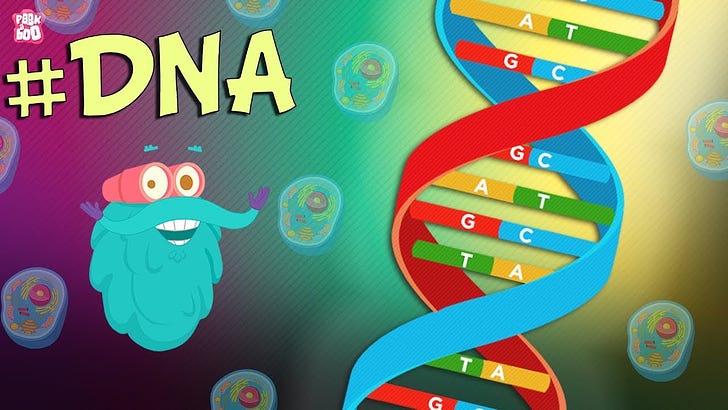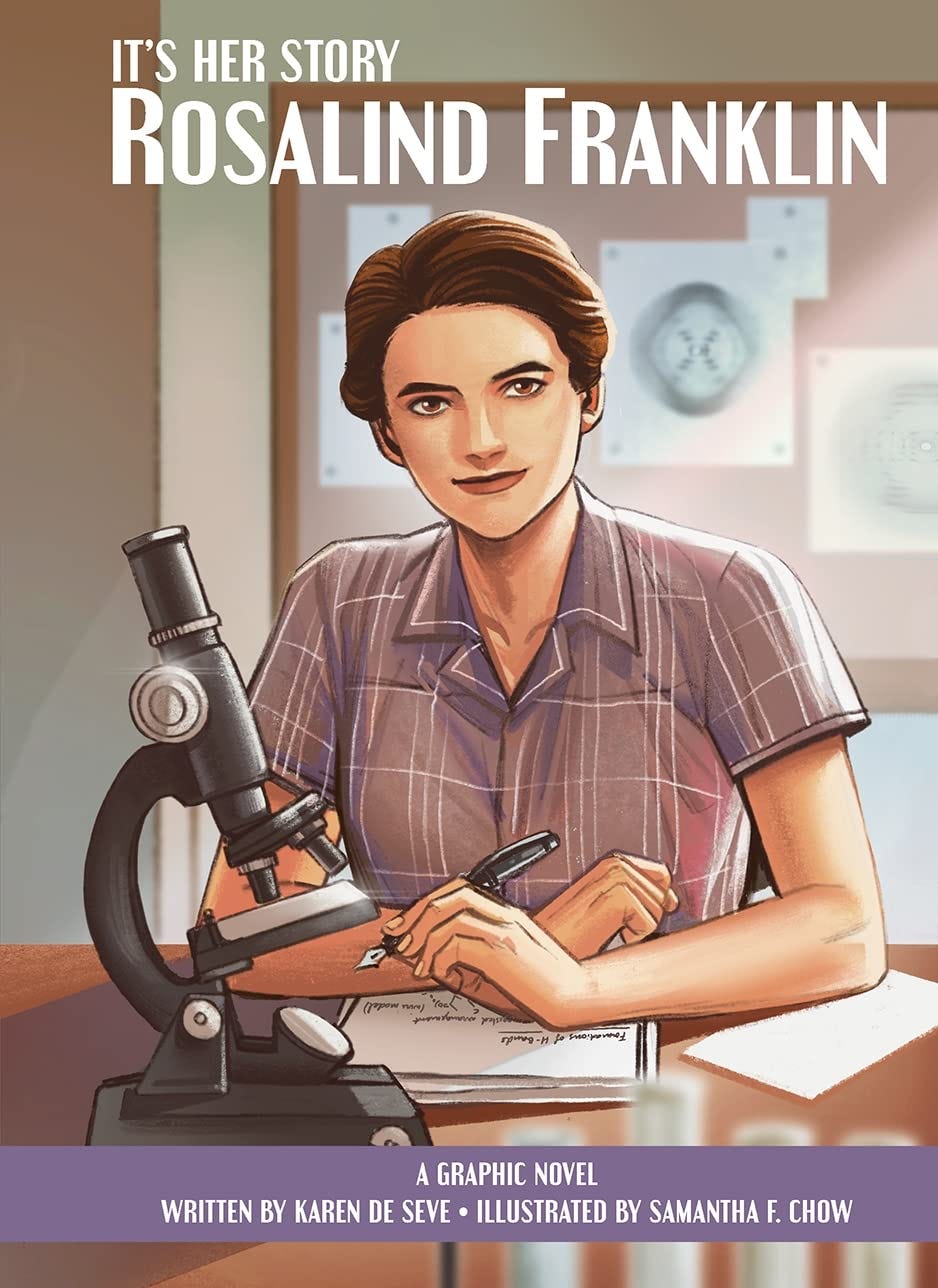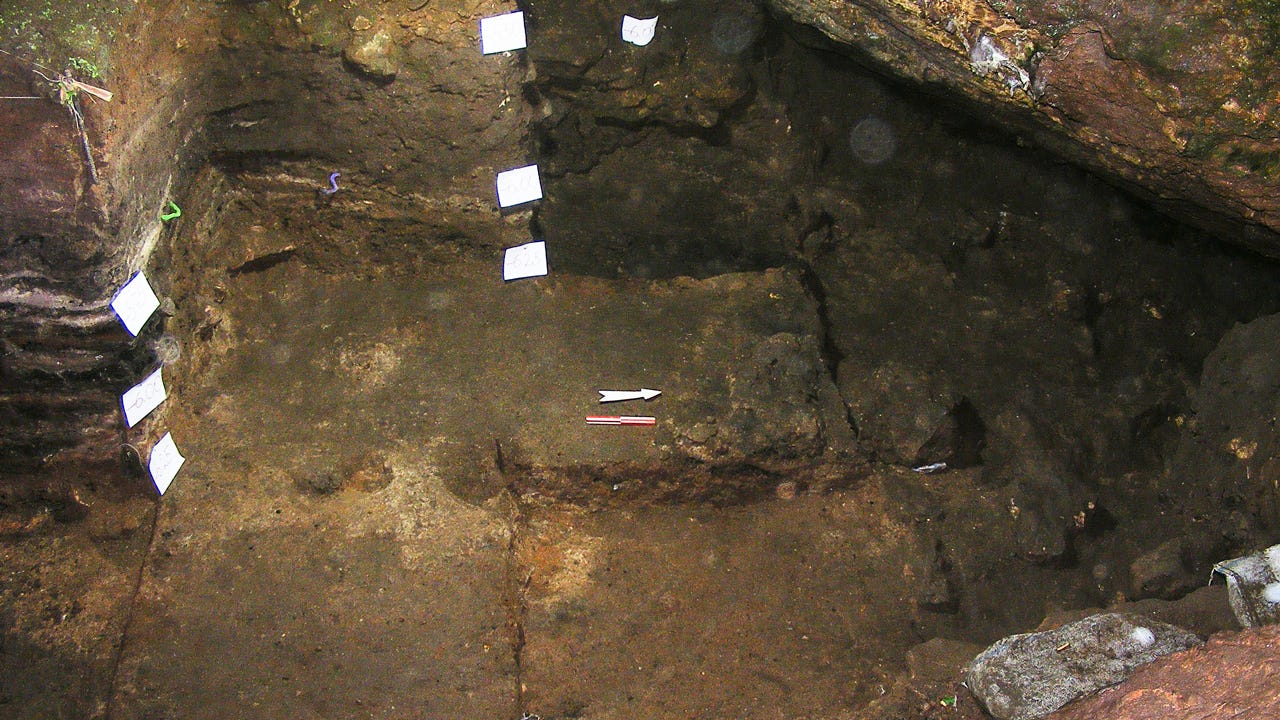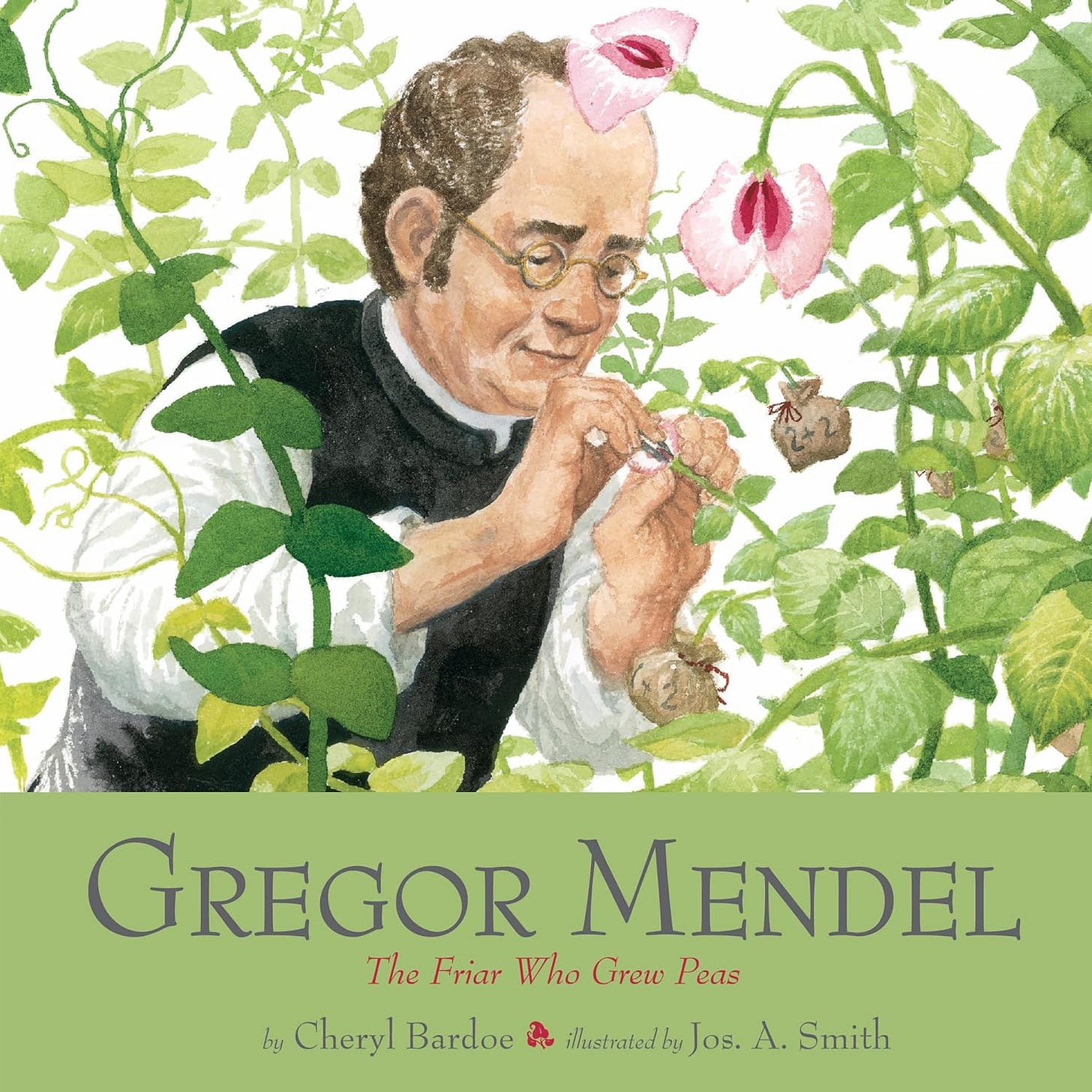For a while I was a bit hesitant to write about my experience with Turner syndrome and Non-verbal Learning Disorder. Not because I feel awkward talking about it (I told my whole biology class in 8th grade.) It’s never felt like a big deal. And I don’t really get embarassed that easily. (Is that a Turners/NLD thing? I actually don’t know).
I guess it’s more about being taken seriously. I didn’t want anyone’s perception of me/my level of capability to change. And that’s of course this isn’t just me—I’ve had several conversations about this with lots of my disabled author friends. Before I wrote What Stars Are Made Of, I wondered if debuting with a book about Turner syndrome would somehow get my typecast or something. But I decided that was just silly. I wanted to write about it. I wanted to write about it AND other things (like nightmare houses and monster trees). I decided that even in publishing, what people think about you is their business.
And besides…I write books for kids. The people who are gonna jump on the not-take-me-seriously boat boarded a long time ago. Their loss hehe.
And another besides—February is Turner Syndrome Awareness month!
I’m not gonna get too much into the biology and genetics of things here. (For that you have to read my book hehehe). But I’m fascinated by psychology and neurodiversity myself, especially in its relation to creativity, so I thought it’d be worth thinking through a few ways I’ve seen this experience impacted my writing.
Plot and structure are rough. Again, not just me. So many writers I know struggle with plot and structure. The particular struggle for me is that an NLD brain is great at focusing on details, but can have a harder time seeing the big picture. So how to deal with this? Learning already established strucural formats and stealing plots into which I can pour that unique detail. I recommend Save the Cat and this video series on 7 point story structure from Dan Wells.
We’re on the island of misfit toys. I like weirdos and misfits and outsiders. In particular the awkward, nerdy, and overly-exuberant kind. And again, not just me. All the best people love (and are) misfits. They are my people. The characters I write and the people I write for.
Weird (and small) formats are our friend. Stars is written in very short chapters, some just one page. Nightmare House is written in partial verse. I’m a big fan of poetry and microstories and comics and other forms you can see all at once. Diary, epistolary—having a form to pour the story into works really great in my brain. Pretty much all the projects I’m working on right now are in some or all of these small, fun forms.
And now…
Let’s let genes inspire us!
10 Stories about Genes!
1. Teaching the littles
Looking for a way to teach the littles in your life about genes and DNA? This video is super cute and does a great job:
2. Sing it!
Also this parody song about DNA is pretty hilarious. Another good resource for teaching kids.
3. Don’t Forget Rosalind
We’re not going to forget the woman whose work was pivotal in discovering the structure of DNA. There lots of good resources at different age levels for learning about the life of Rosalind Franklin. Check out Rosalind Looked Closer, Rosalind Franklin: Little People, Big Dreams, Rosalind Franklin: A Life Story, and the graphic novel, It’s Her Story: Rosalind Franklin.
4. Reading Horror Between the Genetic Lines
If you want to go down a wild, crazy rabbit hole of genetics, check out these absolutely bonkers DNA testing horror stories. Talk about creative inspiration!
5. Is there a serial killer gene?
Well, let’s let the nice people at UC San Diego tell us…
6. Dirty DNA!
Look at this…DNA from cave soil!! Like, how insane is that? I feel like this is a step towards a huge breakthrough and we’re about to learn a lot more than we ever thought we could about our prehistoric ancestors. Definitely fertile ground for story growing…
7. Picture Book Genes!
The wonderful Rajani LaRocca, MD has written a fabulous book to help teach kids all about the amazing genes that make them them. As both a doctor and an award-winning kids author, she’s the right lady for the job.
8. Chapter Book Genes!
For the slightly older kids, here’s a beautifully illustrated book about Gregor Mendel, often considered the father of genetics:
9. Middle Grade Genes!
You know those books that become touchstone books and get a permanent spot on your special shelf? A lot of Beth Kepharts books are like that for me, but especially The Great Upending, about a girl with Marfan syndrome. It is absolutely brilliant writing.
10. Teacher Resources:
Teachers, librarians, and homeschool parents, I’ve got some fun genetics-centered activities and lesson plans for you and your students!
Monster Alien Genetics for grades 2-8.
Monster Genetics and Punnet Squares for grades 5-8.
Biology Escape Room with Punnet Squares for grades 7-10.
I would love to do a free virtual Q&A with your class or book group! If you’re interested in scheduling a visit you can reach out to me via my website. Let me know how I can support you! I’ve also got free classroom resources to accompany each book. You guys are rock stars!
Thanks for coming along everyone! The Smorgasbord is a hand-kneaded, hand-shucked, reader supported publication. You can support by buying a delicious book or by becoming a paid subscriber. It seriously means the world, you shining star you.
-Sarah









This is so cool, and your book is now on my tbr. I have some sort of rare genetic condition, we're not sure what yet, but Turner has been mentioned as one of the possibilities, along with Ehlers Danlos and Leri Weill. I'm also AuDHD so definitely identify with a few of the points you mentioned, especially short formats being easier. I'm really thankful there are more of us in the KidLit world (you as author, me as librarian) who are being open about this kind of thing now so that kids today don't have to feel so alone. <3
This is so cool, Sarah! Not necessarily the struggles (although I’m starting to appreciate what those also do for us!) but that you shared your experience here, and in books, and provided resources. I want to read and watch all of these books/links. I, too, am fascinated by the psychology, neuroscience, and creativity so I really really thank you for the compilation! Brilliant.